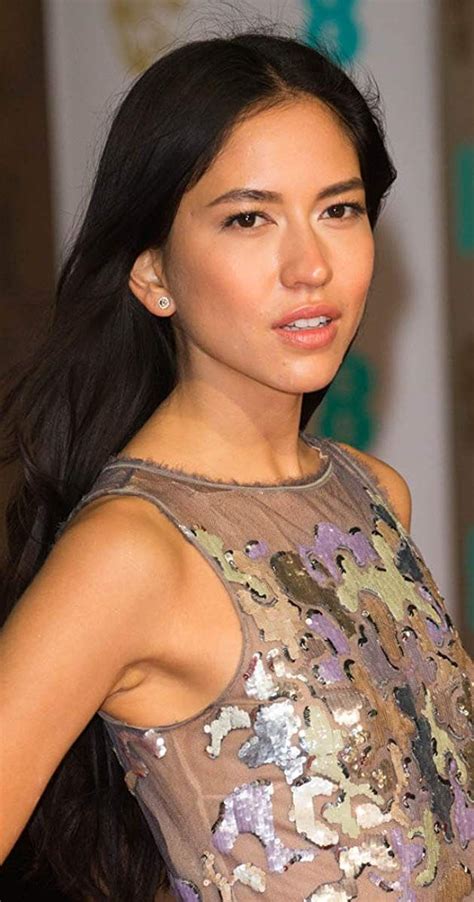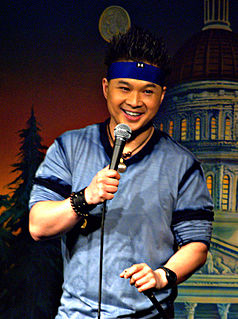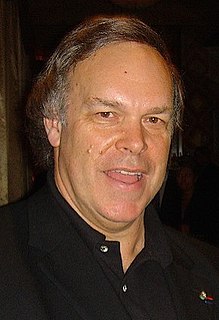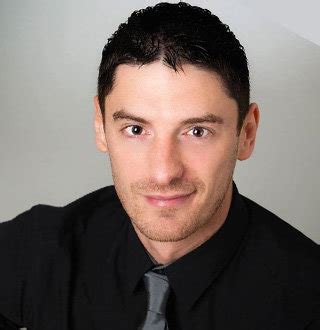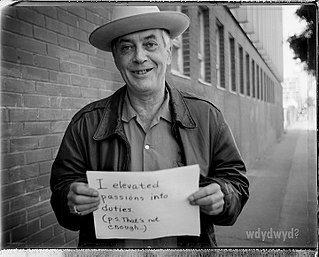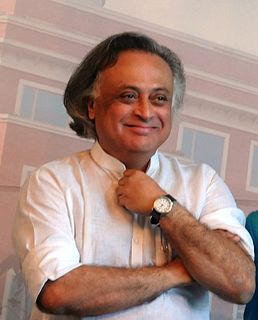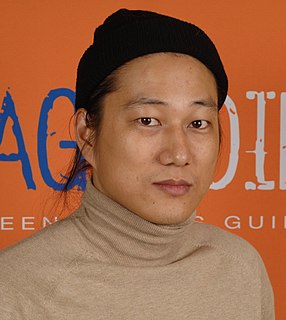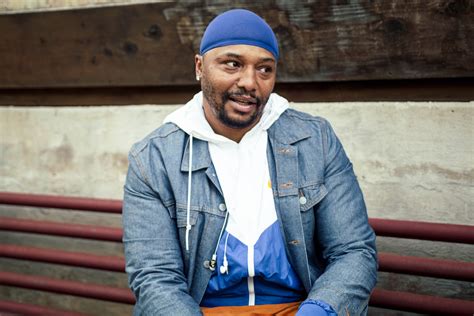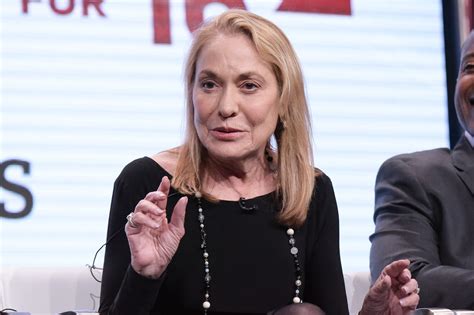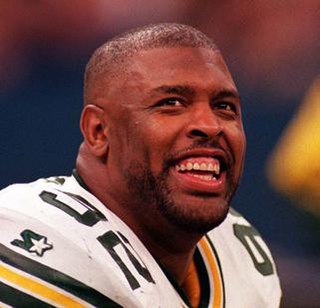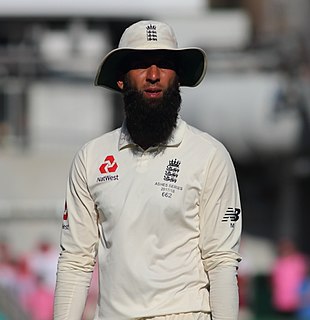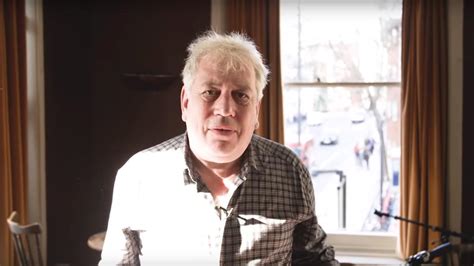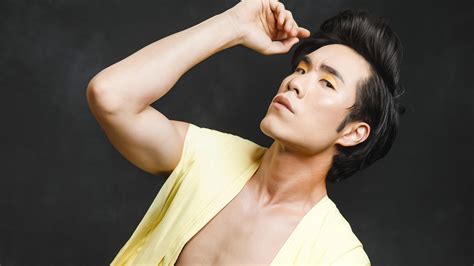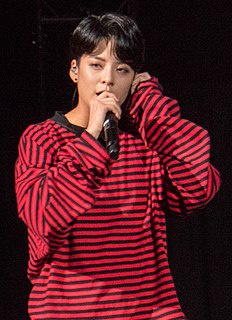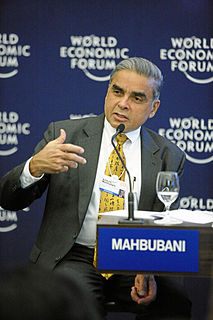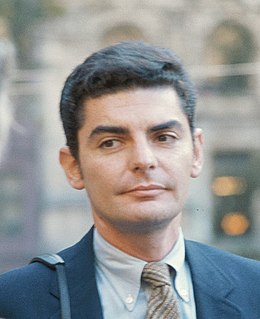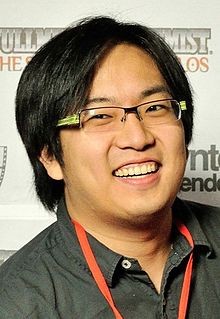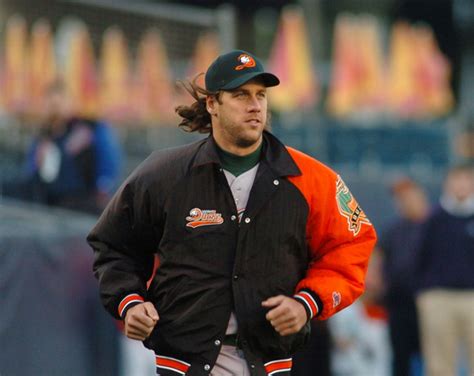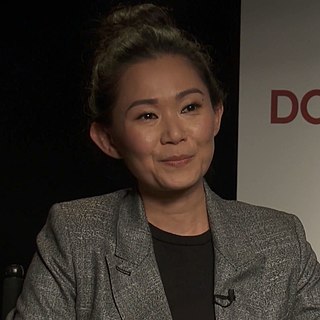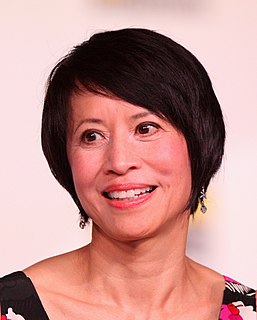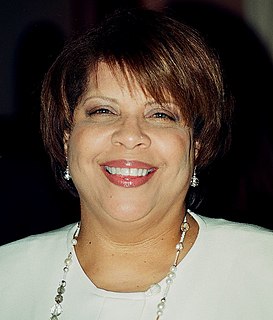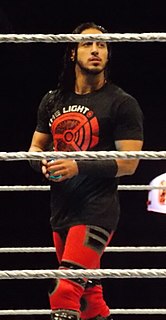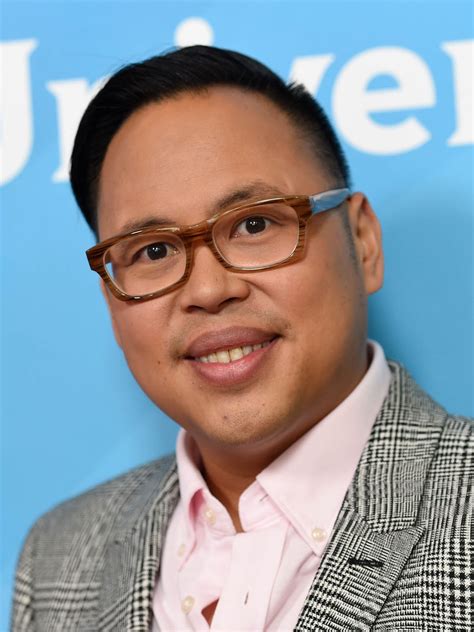Top 185 Asians Quotes & Sayings - Page 3
Explore popular Asians quotes.
Last updated on April 22, 2025.
It is my fundamental belief that all human beings share the same basic aspirations: that we all want hapiness and that we all share suffering. Asians, just like Americans, Europeans, and the rest of the world, share a desire to live life to its fullest, to better ourselves and the lives of our loved ones.
I was doing stand-up at the Improv and when the host introduces you, 'OK, the next comedian, you've seen him on 'Silicon Valley.' People always clap. They really watch the show and they are fans of it. And then they said, 'You are also going to see him in 'Crazy Rich Asians,' and I did not expect this, but the applause was even louder.
I and most Australians want our immigration policy radically reviewed and that of multiculturalism abolished. I believe we are in danger of being swamped by Asians. Between 1984 and 1995, 40 per cent of all migrants coming into this country were of Asian origin. They have their own culture and religion, form ghettos and do not assimilate.
I felt pretty good growing up. I didnt feel a lot of prejudice or racism. But I do remember, if there was going to be a movie or a television show with Asian characters, I would go out of my way to avoid them, because they portrayed all Asians as either ridiculously good or ridiculously bad; you know, the whole Charlie Chan-Fu Manchu thing.
My heritage is something that I have always been aware of, however, some would say that there is a disproportionately low number of Asians as professional athletes. I take pride in trying my best to be a role model to show young Asian American boys and girls that they are only limited by the size of their dreams.
When these Asians go out looking for a victim, they don't go looking for Asian victims. They don't go mugging Asian grandmas, they don't go stabbing each other, they don't go trying to solicit sex off little Pritesh or little Sanjita, they go straight to the whites because they are trying to destroy us and they are the racists.
I think it's fair to say there is a demagogic path that Europeans, South Americans, Asians have pursued, and we know where that leads. It uses xenophobia, it uses paranoia, it uses prejudice, it uses nationalism to really stir people up and to, you know, begin an us-versus-them contrast, which is dangerous and is not something we've had in our politics at a presidential level in America.
I felt pretty good growing up. I didn't feel a lot of prejudice or racism. But I do remember, if there was going to be a movie or a television show with Asian characters, I would go out of my way to avoid them, because they portrayed all Asians as either ridiculously good or ridiculously bad; you know, the whole Charlie Chan-Fu Manchu thing.
I don't know what to say about Asians. I think everyone is "racist," to differing degrees, in that everyone's brain will automatically associate information with other information, based on the information they are looking at (for example skin color, bone structure), but I think focusing on race in any manner that isn't neutral or self-aware probably increases racism.
It was good to launch the economy in the '50s. Japan did this; China did this; even South Korea did this. All the East Asians did this - import substitution. I think all countries followed import substitution in the '50s and in the '60s, but I think by the '70s, countries were getting out of that first phase of the strategy.
When I started acting, I hoped I could make some kind of positive contribution to this world. When I get a letter from some kid in Nebraska saying that, prior to Han, nobody wanted to be his friend because Asians weren't cool if they weren't into martial arts - Now he's accepted and recognized as a human being. That's pretty awesome, right?
South Korea from a country that had relatively little primary education became close to universal literacy in the course of 25, 30 years, in a way trying to replicate what Japan had done earlier. They were learning to some extent from the Japanese experience too. So I think, in a sense, the East Asians were following a path, which all other countries including South Asia could follow but chose not too.
Administrators tend to lump Asians in Chicago into one group, not understanding that these kids would be fighting each other, the Cambodians and the Vietnamese. We started a thing called cultural gift sharing, where everyone comes and says what his culture is, so the teachers and the administrators could understand they are different.
Our country's history is a generation-spanning journey to effectuate the notion that 'all men are created equal' for the members of our ever-expanding national family: women, African-Americans, Latinos, Asians, Catholics, Jews, Muslims, Hindus, gays and lesbians, the disabled, immigrants, and refugees.
Here is the full list of the banned words I used: active homosexual; career women; Third World; blacks; Asians; Australasia; Bangalore; primitive African tribes; crippled; in a wheelchair; hare lip; ethnic minorities; handicapped; spinster; committed suicide; gypsies; Bombay; illegitimate daughter; air hostess; Siamese twins; Calcutta; deaf ears; illegal asylum seeker; province of Northern Ireland; grandmother; bachelor.
A lot of times I go to a comedy show, I sit there and wait for the comedian to run out of ideas and look at me and make an Asian joke. Which is very different for blacks and Latinos. You can't say certain things because everyone is cognizant of when things are and should be offensive. Asians don't have that luxury.
With few exceptions, democracy has not brought good government to new developing countries. What Asians value may not necessarily be what Americans or Europeans value. Westerners value the freedoms and liberties of the individual. As an Asian of Chinese cultural backround, my values are for a government which is honest, effective and efficient.
The 21st century will be the Asian century. This also means that Asians will be expected to provide greater leadership to solve global challenges, including environmental challenges. Hence, this multi-disciplinary programme from NUS could not be more timely. It meets a pressing need to educate, train and empower leading players in the public, private and civil society sectors in Singapore, Asia and the world.
Donald intends to represent all the people, not just some of the people. That includes Christians and Jews and Muslims; it includes Hispanics and African Americans and Asians, and the poor and the middle-class. Throughout his career, Donald has successfully worked with people of many faiths and with many nations.
There are so few roles out there. And even if it is a film that could be led by a black actress, how many times is that film going to get funded? Let's just be real. But it's not just black people. It's Asians, it's Hispanic people if you're not Salma Hayek. It's hard. It's hard to get films funded.
The Bell curve is a fact of life. The blacks on average score 85 per cent on IQ and it is accurate, nothing to do with culture. The whites score on average 100. Asians score more. The Bell curve authors put it at least 10 points higher. These are realities that, if you do not accept, will lead to frustration because you will be spending money on wrong assumptions and the results cannot follow.
Because of the Civil Rights movement, new doors of opportunity and education swung open for everybody ... Not just for blacks and whites, but also women and Latinos; and Asians and Native Americans; and gay Americans and Americans with a disability. They swung open for you, and they swung open for me. And that's why I'm standing here today-because of those efforts, because of that legacy.
We are surrounded by people with accents because America is a nation of immigrants. Beyond that, the people who made your iPhone and the shirt on your back are probably Asians, and we're really not that disconnected from each other; we have very intimate relationships with the world, whether or not we realize it.
I do think it's getting better, but I have noticed that Asians are not well represented in awards shows, and not a ton of Asian faces on the big screen either. Perhaps some of the young Asian actors who are on TV series now will be seen in upcoming movies in the near future - Jamie Chung, Constance Wu, Suzy Nakamura, to name a few. Fingers crossed.
All of Europe is tremendously integrated now; perhaps from all those years of colonization. Everybody that they've colonized has come to the mainland, so you'll have a racially diverse audience as well. You'll have many Middle Easterners, Asians, Africans, from seven to ninety sitting in the audience, and the really incredible thing is that they all know the music. I don't mean they just know a song here and there. They know the music. They are a very educated audience.
One of the funny things about the racism of the system, when I started 30 years ago, I'm in an area called Koreatown and most of the kids were Asian. And when the kids did well, people said, "Well, of course, they did well. They're Asians." But when we had this huge influx of Latino children from Central America, they said, "Oh, you're gonna have problems now."
Black people are just constantly immature in their thinking, undisciplined, and we suffer as a people. This is not about race in the sense that black people got to get something better than whites or Latinos or Asians. This is just basically that we keep complaining about what we don't have and what we can't do, and then, when we get in positions to do stuff, we fight amongst ourselves like savages.
I'm an actor. Since I was a teenager, I have had to play different characters, negotiating the cultural expectations of a Pakistani family, Brit-Asian rudeboy culture, and a scholarship to private school. The fluidity of my own personal identity on any given day was further compounded by the changing labels assigned to Asians in general.

